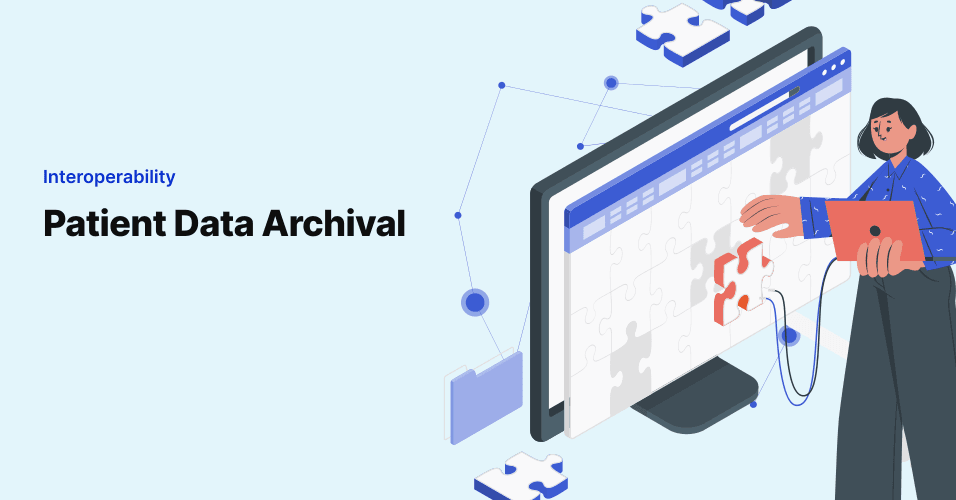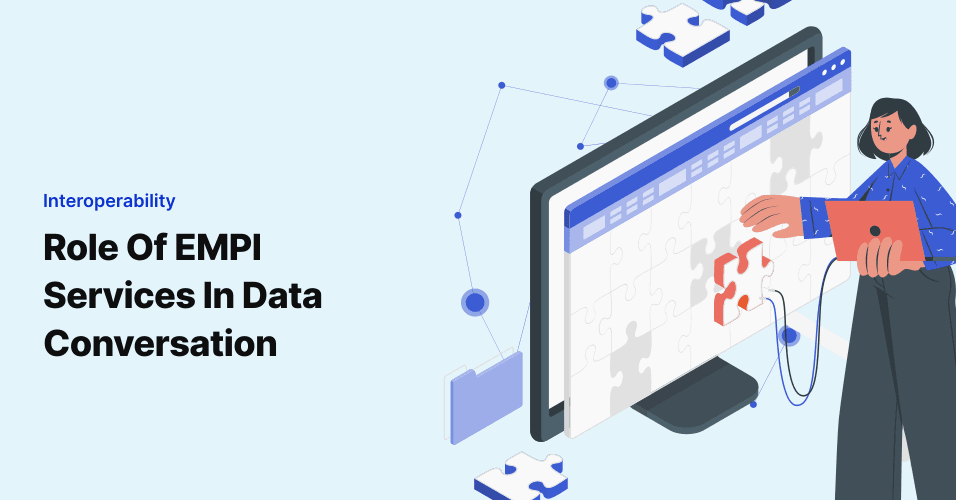
HIEs in Disease Control and Outbreak Management
Our world has changed. (How’s that for an understatement?) We’re collectively watching and waiting as the …

Currently, we are experiencing the important need to fight and reduce the spread of Covid-19. Appropriate testing and collection of the right clinical and other information is vital for the treatment and spread of the virus. Conducting the right tests on infected individuals will help in shaping the treatment for the patient, enabling the isolation of those infected and drastically help in the identification and allocation of the right medical professionals.
As we go through the unprecedented rise of the Covid-19 pandemic across the globe, we are overwhelmed by the amount of information that comes through from various channels. Information comes in various forms such as articles, images, video, statistics and graphs. It also comes from a range of outlets, including hospital systems, public health databases, social media & news outlets, journals, preprints and a host of other data sources. The sources of information expand from governmental agencies to research institutions, from policymakers to advocacy groups. Healthcare providers, pharmaceutical companies, and other organizations that need the data are now questioning the need to archive these rich and diverse forms of information that will be foundational for epidemiology studies. Research organizations, pharmaceutical agencies, public health agencies, the scientific community, medical device manufacturers and others will benefit from analyzing and exploring the data for scientific, sociological, political and cultural aspects of the pandemic in finding a cure and creating predictive models for infectious diseases in the future. Given the diverse, variable and fluid nature of information, the process of data archival is vital across both individual and institutional levels.
Research will benefit from the correlation aggregation of data from various sources as indicated above. The use of historical data, data conversion of heterogeneous forms of data silos and standardized storage of multi-source data using a standards-based approach is the right mechanism for analyzing the huge volume of data generated today from the pandemic. Healthcare organizations need to create strategies for appropriate data collection, data storage and data management, as well as an exhaustive big data strategy to consume current research to evaluate the impact on large scale biological, social, financial and environmental aspects across the world.
The fight against pandemics is only possible without major losses to life through the development of rapid solutions. Rapid solutions need the industry to carry-out patient-centered research of similar pandemics from the past. A retrospective review of similar diseases can be significant to improve patient outcomes and control pandemics. A strategic approach for data collection, management and reporting becomes essential for faster solution design. Patient data archival repositories could be helpful to perform systematic reviews and randomized trials followed by probable and retrospective studies. Retrospective studies have a great dependence on the availability and accuracy of the subject’s medical record. The analysis of historical data is performed after the patient cohorts are determined and then controlled intervention is applied to the resulting cohort. The intervention, baseline state and outcome are obtained from existing information that is currently stored in EMR databases, devices and other sources.
The current series of events that are happening in the world makes us believe in the importance of insights-based decision making, which is made available through the collection of a large amount of data across different walks of life. The science of epidemiology largely depends on the quality and quantity of data that is collected from health-related subjects.
The most cost-effective strategies for increasing pandemic preparedness, especially in resource-constrained settings, consist of investing to strengthen core public health infrastructure, increasing situational awareness and rapidly extinguishing sparks that could lead to pandemics. This is not possible without the aggregation and examination of data from many sources to derive insights. When used to study and fight global outbreaks, pandemic analytics is a modern way to combat public health issues.
Join over 3,200 subscribers and keep up-to-date with the latest innovations & best practices in Healthcare IT.

Our world has changed. (How’s that for an understatement?) We’re collectively watching and waiting as the …

On September 3, 2025, the U.S. Department of Health and Human Services (HHS) announced a major crackdown …

When it comes to data conversion for health information (PHI), there are many aspects to consider to ensure …